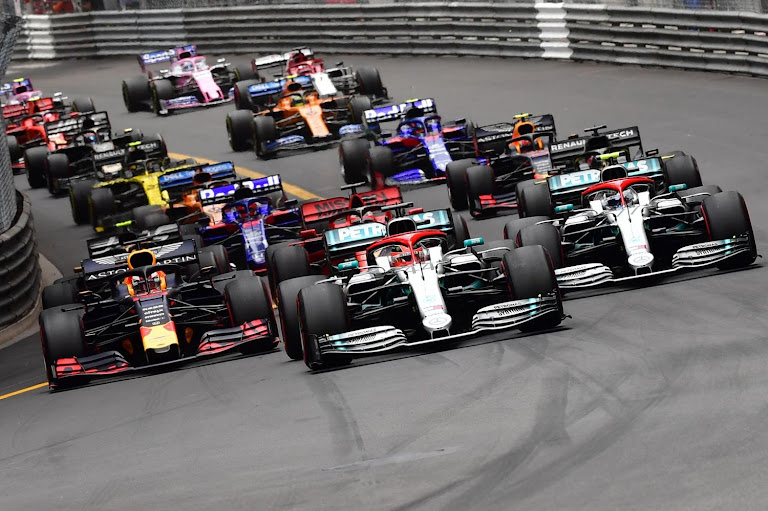Thailand Bets on Formula 1 Race Near U-Tapao Hub
Shinawatra’s F1 pursuit near U-Tapao aims for tourism boost, but faces infrastructure costs and sustainability questions regarding long-term economic viability.

Prime Minister Paetongtarn Shinawatra’s recent excursion to the Monaco Grand Prix wasn’t just a photo opportunity; it signals a potentially transformative, albeit risky, shift in Thailand’s economic strategy. Her meeting with Formula One Group CEO Stefano Domenicali, documented in these recent findings, underscores the government’s intent to leverage high-profile sporting events to stimulate economic growth and diversify tourism revenue. The question is: does chasing Formula 1 success represent a savvy investment in Thailand’s future, or a costly distraction from more fundamental economic reforms?
The appeal is clear. As the Prime Minister articulated on X, the government envisions F1 as an “important step forward and good news for the Thai people.” The argument centers around investment: road upgrades, grandstand construction, digital infrastructure—all creating employment opportunities and, theoretically, attracting high-spending tourists beyond the traditional seasonal influx. Deputy Prime Minister Suriya Jungrungreangkit’s earlier talks about utilizing land near U-Tapao Airport suggest a significant commitment to building a dedicated racing facility.
However, the devil, as always, is in the details. Building a Formula 1 track and securing a spot on the F1 calendar is a massive undertaking, and the economic benefits are not guaranteed.
Consider these factors:
- Infrastructure Costs: Beyond the track itself, substantial investment will be needed in supporting infrastructure: hotels, transportation, and other amenities to cater to the influx of tourists and racing teams.
- Sustainability Concerns: Formula 1 is under increasing pressure to reduce its environmental impact. A new race in Thailand would have to address these concerns convincingly, potentially adding to the cost.
- Opportunity Cost: Could the funds earmarked for the F1 project not be better allocated to other areas of the economy, such as education, healthcare, or supporting local businesses?
- Long-Term Viability: The success of an F1 race depends on its ability to consistently attract fans and generate revenue year after year. There’s a risk of overestimating the long-term demand for a Thai Grand Prix.
The government’s optimism is bolstered by the success of Thailand’s existing tourism sector. With over 13 million tourists having visited Thailand between January and mid-May and generating over 600 billion baht, according to government spokesman Jirayu Huangsap, the hope is that F1 can further amplify this success. But relying solely on tourism, even amplified by a glitzy event like Formula 1, risks creating an economy overly dependent on external factors and vulnerable to global economic fluctuations.
The push for a Formula 1 race highlights a larger, and often unspoken, debate within many emerging economies: whether to pursue “big splash” projects that promise quick economic gains, or to focus on more gradual, sustainable development strategies that address fundamental societal needs and strengthen domestic industries.
The government’s confidence in exceeding 35 million tourists by year’s end hinges on continued high spending, especially from European and Russian visitors seeking health and wellness tourism. F1 is seen as a complementary element, attracting a different, arguably more affluent, segment of tourists.
Ultimately, Thailand’s Formula 1 gamble is a complex bet on the power of global sporting events to drive economic growth. If successful, it could solidify Thailand’s position as a major destination on the world stage. If not, it could become a cautionary tale of chasing short-term gains at the expense of long-term sustainability. The stakes are high, and the world will be watching.









